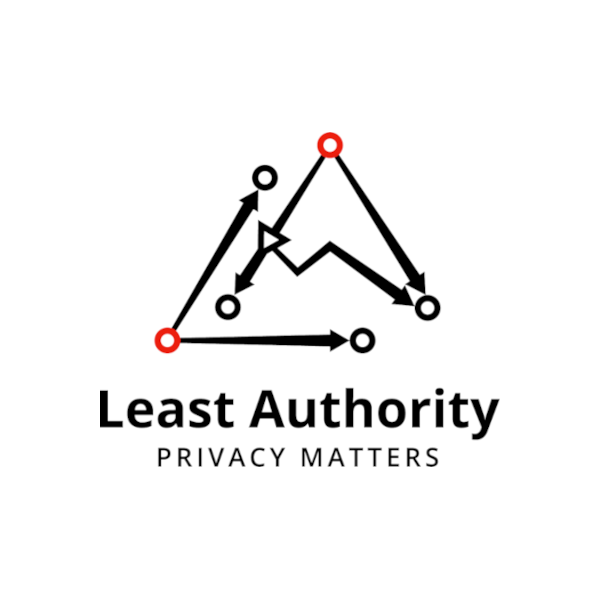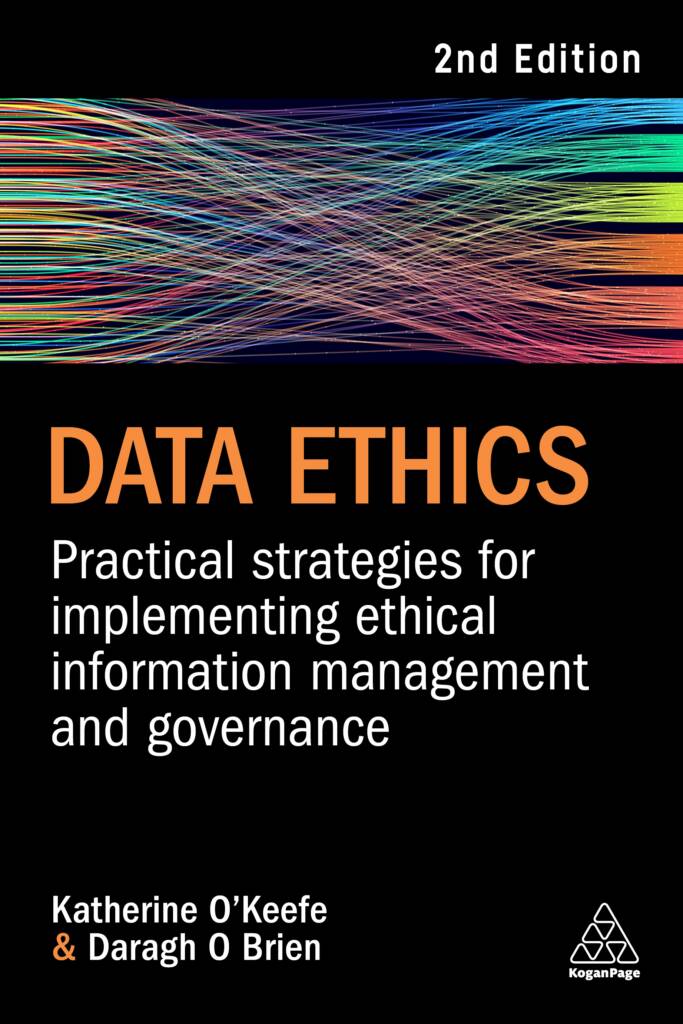
Castlebridge and Least Authority team up to reinvent Privacy Reviews
Castlebridge announces another exciting partnership in the Data Protection by Design space

The ability to define words and concepts in as unambiguous a manner possible is essential to effective communication. Communication in turn is only effective when there is a a meaningful and mutually understood exchange of information. A lot of comedy is based on misunderstandings in meaning, and much tragedy has likewise ensued from poor quality communication. Quality of Data Definition is a recognised quality characteristic across a number of methodologies for Information Quality. For example Larry English refers to it as the Quality of Information Product Specification, Danette McGilvray refers to “Data Specifications”.
At a recent conference (the DGIQ Conference in San Diego) there was a survey where people were asked to submit their definition of Data Governance. A good number of definitions were submitted (over 40), with definitions from industry “thought leaders” as well as practitioners fresh from the trenches. As I scanned the submitted text a pattern began to emerge. Quite a lot of the “definitions” were actually statements of vision, description of outputs, or of key resulting outcomes that would be achieved as a result of implementing Data Governance. That is not the same as defining what Data Governance is.
It would appear that Data Geeks need to learn from Literature and Language Geeks (pesky Liberal Arts nerds) and start figuring out the basics of language! Because that is what we are actually trying to achieve in our tribes (aka organisations) every day when we seek to define metadata, business rules, processes, and data quality metrics.
So… what does it mean to DEFINE something? Well, it is a verb, an action word. Something must be done when we are definining something. The Oxford English Dictionary defines “define” as to:
- State or describe exactly the nature, scope, or meaning of
- Mark out the boundary or limits of
When we define something we are describing the nature of that thing, its scope, and the characteristics that make it not something else. It is worth looking at the example sentences in the OED link above to see how Define is Defined (it even includes a definition of a particular type of data!)
When we DEFINE something we are trying to come up with a DEFINITION. A definition is a thing (a NOUN). The Oxford English Dictionary defines a definition as:
- A statement of the exact meaning of a word, especially in a dictionary
- An exact statement or description of the nature, scope, or meaning of something
So, what should we be looking for when we are trying to craft a definition of Data Governance or of a Data Entity in our organisations?
My rule of thumb: An exact statement defines what something IS, not a benefit that it brings (although that might come later).
“[Thing or Concept] is...” is a good way to start the definition. Remember you are stating the nature of a thing and its scope and meaning. Step back from Data for a moment and define what a car is (see… there’s that “is” word again).
If your definition starts “A car ensures that…” or “Having a car means that…” or “Using a car results in…” or any variant thereof you are describing a benefit that arises from the existence of the thing. It’s a sales pitch. Brochureware. A statement of a value proposition. It does not define the thing. Let’s look at the OED definition of a “car”. According to the OED, a car is:
- A road vehicle, typically with four wheels, powered by an internal-combustion engine and able to carry a small number of people
The definition of a Car is not:
A car ensures an ability to travel from point A to point B in a timely manner for the purposes of transporting one or people and/or their goods or equipment..
My rule of thumb: Identify the characteristic components of this thing such that, if you saw one on the street, you’d recognise it.
Look at that definition of “Car” again from the OED. It doesn’t use the word “car”. It describes the elements and characteristics of a car. It also sets out either explicitly or implicitly things that are NOT a car.
The definition does not describe the emotional feeling of having a car, or the benefits to your bottom line of having a car. Nowhere do we see reference to “providing a platform for future travel and exploration leveraging a synergy with GPS and mobile technologies”.
A rose by any other name may smell as sweet (to paraphrase Shakespeare), but we can agree on the following:
If only the same could be said of the clarity of definition of “Data Governance” and related concepts!
Law, Linguistics, Literature, Library Sciences, Liberal Arts, and Lexicography can all teach data people valuable lessons about definition and interpretation (the legal rules on how legislation should be interpreted will be a topic I’ll return to in a future post).
It is a mistake to think that definitions are easy. And it is a mistake to think they are not fundamentally foundational to your ability to communicate, execute, and implement Governance, Quality management, and control over Information in your organisation.
We need to make sure we take time when defining fundamental concepts. Only when the term is defined clearly and the scope and nature of the thing are stated exactly can we hope to correctly set and manage expectations as to the alchemical change that we can bring to bear on Information and how people think about it in our organisations!

Castlebridge announces another exciting partnership in the Data Protection by Design space

Castlebridge announces partnership with leading Data Governance technology provider, Collibra

The second edition of “Data Ethics” by Daragh O Brien and Katherine O’Keefe will be published by Kogan Page on the 3rd of June 2023. Coming 5 years after the...